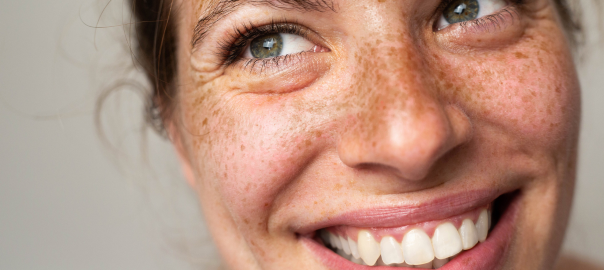The liver is a highly metabolic organ with a range of functions which are essential for digestive health, hormone regulation as well as the detoxification and excretion of waste products. If the liver is under stress, it can contribute to multiple symptoms associated with excess toxicity, hormone dysregulation and digestive dysfunction. Hence, poor liver health is a major contributor to chronic disease and is associated with a decline in wellbeing.
The liver is also an essential regulator of blood glucose, cholesterol and clotting factors therefore, liver health has a significant influence on cardiovascular function. It is also intrinsically linked to the digestive system; waste products are excreted from the liver to the digestive system via the bile and absorption of products from the digestive system are transported to the liver for filtration. This filtration process protects multiple bodily systems, including the immune system by modifying the content of infectious agents in the bloodstream.
It is important to consider that the liver must be resilient to oxidative damage, stress and inflammation, to protect and support its optimal function. In this week’s blog we will look at the detoxification processes of the liver, dysfunction which contributes to poor liver health and associated conditions, and at how to support liver function.






